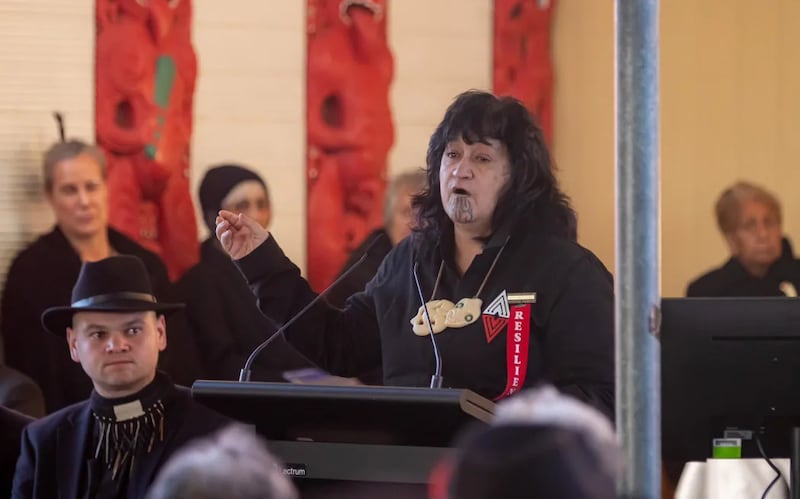Claimant group Toitū te Tiriti has given evidence to the Waitangi Tribunal against the ACT Party’s Regulatory Standards Bill.
The intent of the Bill, introduced by ACT leader David Seymour, is not to require all new regulations to meet strict criteria, but to assess a proposed piece of legislation’s consistency with the principles set out in the Bill, and to make that assessment available to the public.
The inquiry was requested by multiple claimants who argue that the proposed legislation threatens the constitutional status of Te Tiriti o Waitangi and undermines Māori rights.
Alongside Toitū Te Tiriti, other claimants included Te Rōpū Waiora Trust, represented by Bennion Law. Additional interested parties who were given time to comment through legal counsel included the National Iwi Chairs Forum (Whāia Legal), Ngāti Ruapani ki Waikaremoana (Bryce Lyall), and others.
Toitū Te Tiriti lawyer Tania Waikato, representing 13,000 claimants, said the bill reflects fundamental breaches of the Treaty’s status in New Zealand law.
“Arising from the undisputed fact that the Crown has entirely failed to engage with Māori at all in the development of this bill.”
Waikato’s claimants argue that the bill does not adequately recognise collective rights or the Crown’s obligations under Te Tiriti, potentially weakening Māori representation and protections across key sectors.
“As the claimants have observed, the Crown is continuing to withhold critical information in the redacted Treaty impact analysis that likely reveals the true nature of the RSB (Regulatory Standards Bill).”
There were around 23,000 submissions given in relation to the Regulatory bill with 88% opposing, 0.16% supporting and 11.56% unclear.
Annette Sykes, counsel for the Constitutional (Tipene & Others) (Wai 3342) claim, attacked the Crown’s processes and has limited the tribunal’s obligations.

“Parliament has chosen to limit constraint on the Tribunal’s jurisdiction only to specific interference with its own processes; apart, that, the tribunal is empowered to examine all poor conduct.”
“There is more than enough evidence to date that the intention is to override or exclude consideration of Te Tiriti in the regulation process. Both the process and substance of the bill that seeks to do so are fundamentally flawed from a Tiriti perspective.”


